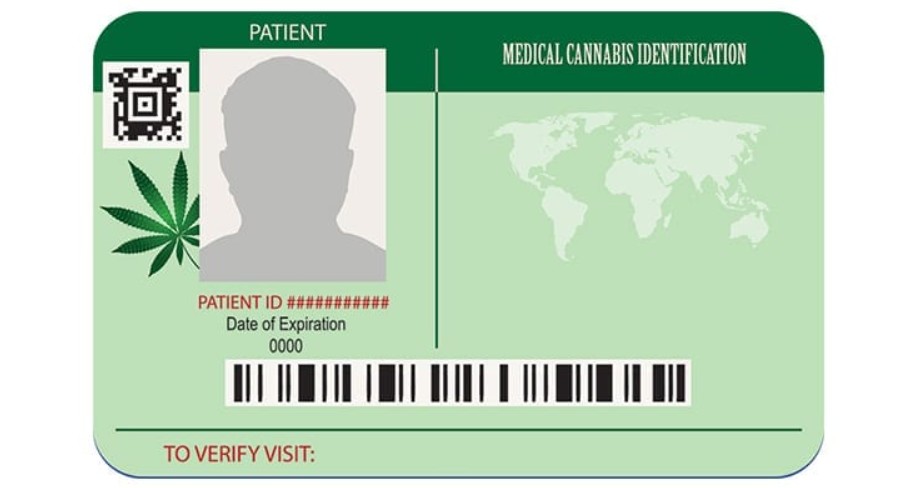Navigating the world of medical marijuana can feel overwhelming, especially when it comes to obtaining a legitimate medical marijuana card. With so many providers offering card services, it’s crucial to ensure you’re working with a trustworthy and credible source. Taking the proper steps to verify legitimacy not only safeguards your health but also ensures compliance with state laws. Let’s explore how you can find a reliable provider and avoid common pitfalls.
Understand What a Medical Marijuana Card Is
Before starting your search for a provider, it’s important to fully understand what a medical marijuana card is and why you might need one. A medical marijuana card is a government-issued ID that allows patients with qualifying medical conditions to purchase, possess, and sometimes grow medical cannabis legally. These cards are issued by states with legal medical marijuana programs and require a recommendation from a licensed medical professional. Your card grants you access to dispensaries and ensures you’re within the bounds of the law.
Research Your State’s Requirements
One of the first steps in finding a legitimate medical marijuana card provider is understanding your state’s specific requirements. Each state with a medical marijuana program has its own set of rules, qualifying conditions, and procedures for obtaining a card. Some require an in-person consultation with a certified physician, while others allow telemedicine appointments. Familiarize yourself with your state’s regulations, as this knowledge will help you spot any red flags when dealing with fraudulent services.
Look for Licensed Healthcare Professionals
A legitimate medical marijuana card provider will involve a licensed healthcare professional in the process. Whether through an in-office visit or a telemedicine service, the evaluation must be conducted by a certified doctor, nurse practitioner, or physician assistant (depending on your state’s guidelines). Be wary of services that guarantee a medical marijuana card without any form of medical consultation, as this is often a hallmark of fraud.
When exploring providers, check that their licenses are valid and up to date. Many state medical boards offer online directories where you can verify a healthcare professional’s credentials. Taking this step ensures that your consultation is handled by someone qualified.
Avoid “Too Good to Be True” Deals
While cost is an important factor, be cautious of providers offering deals that seem too good to be true. Flashy advertisements with rock-bottom consultation fees, instant approval guarantees, or lifetime cards are often red flags. Remember, the process of obtaining a medical marijuana card involves a legitimate medical evaluation and adherence to state laws, which requires time and effort. A trustworthy provider will clearly explain pricing, services, and the renewal process without making unrealistic promises.
Check Online Reviews and Testimonials
One of the easiest ways to assess the credibility of a medical marijuana card provider is by reading online reviews and testimonials from past patients. Platforms like Google, Yelp, and Trustpilot often provide a wealth of information about a provider’s reputation. Look for consistent positive feedback regarding professionalism, ease of the process, and transparency. Avoid providers with multiple complaints about unethical practices, hidden fees, or unresponsive customer service.
Additionally, don’t hesitate to ask for recommendations from friends or family who have successfully obtained their medical marijuana cards. Personal referrals can give you extra peace of mind when choosing a provider.
Prioritize Providers Offering Secure Platforms
For those opting to use telemedicine services, make sure the provider prioritizes your privacy and security. A legitimate service will use secure, HIPAA-compliant platforms to conduct virtual consultations and handle your medical information. They should also clearly explain how your data is stored and who has access to it. Avoid providers that fail to address privacy concerns or use unsecured communication methods.
Confirm State-Level Provider Registration
Many states require medical marijuana card providers to register with state health departments or similar regulatory bodies. Check with your state’s medical marijuana program to confirm that the provider you’re considering is on their approved list. This extra step ensures that the provider operates legally and adheres to state guidelines.
Ask Questions During the Consultation
Once you’ve chosen a provider, take advantage of your consultation to ask any lingering questions about the process. A legitimate provider will be patient, thorough, and willing to explain everything you need to know about your medical marijuana card. Questions about card renewals, qualifying conditions, or finding reputable dispensaries in your area are all valid and should be met with clear answers. Providers who are unwilling to engage or pressure you into making decisions are likely not operating ethically.
Final Thoughts
Obtaining a medical marijuana card is an empowering step for those seeking relief through medical cannabis. However, the process demands careful research and attention to detail to verify the legitimacy of your provider. By understanding state requirements, verifying credentials, reading reviews, and avoiding scams, you can confidently select a trustworthy provider. Remember, a legitimate medical marijuana card unlocks access to legal, effective treatment options tailored to your needs, so take the time to do it right. The effort is well worth the peace of mind and the benefits that follow.


